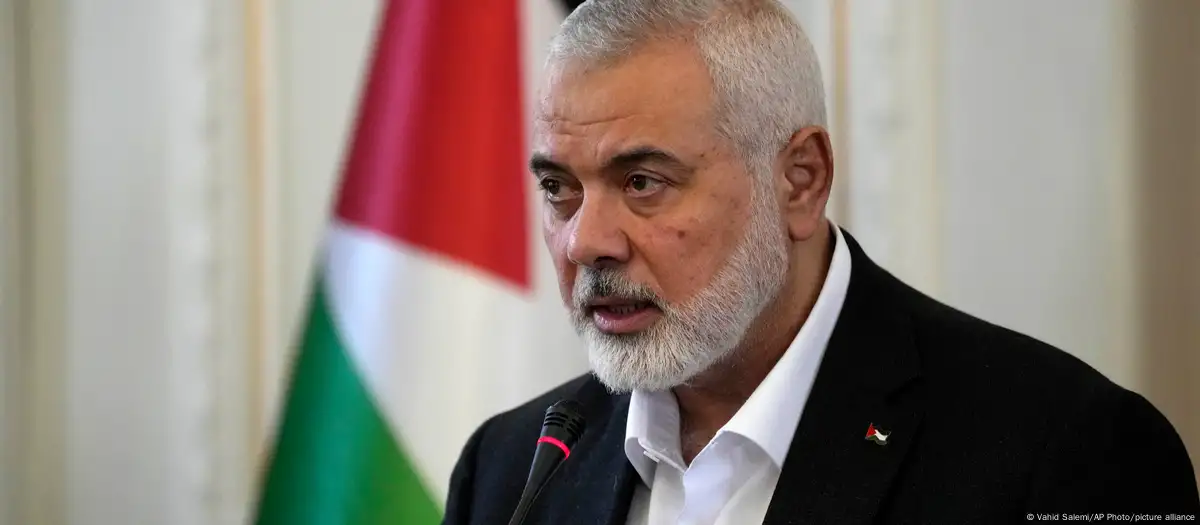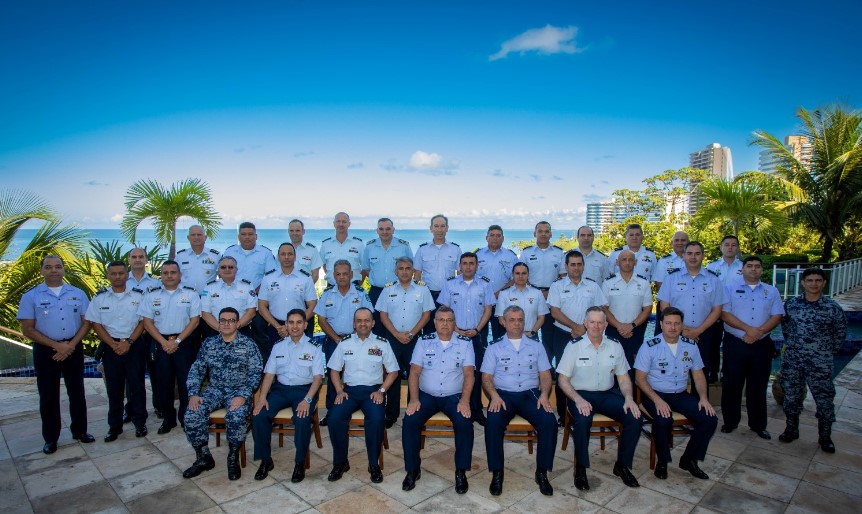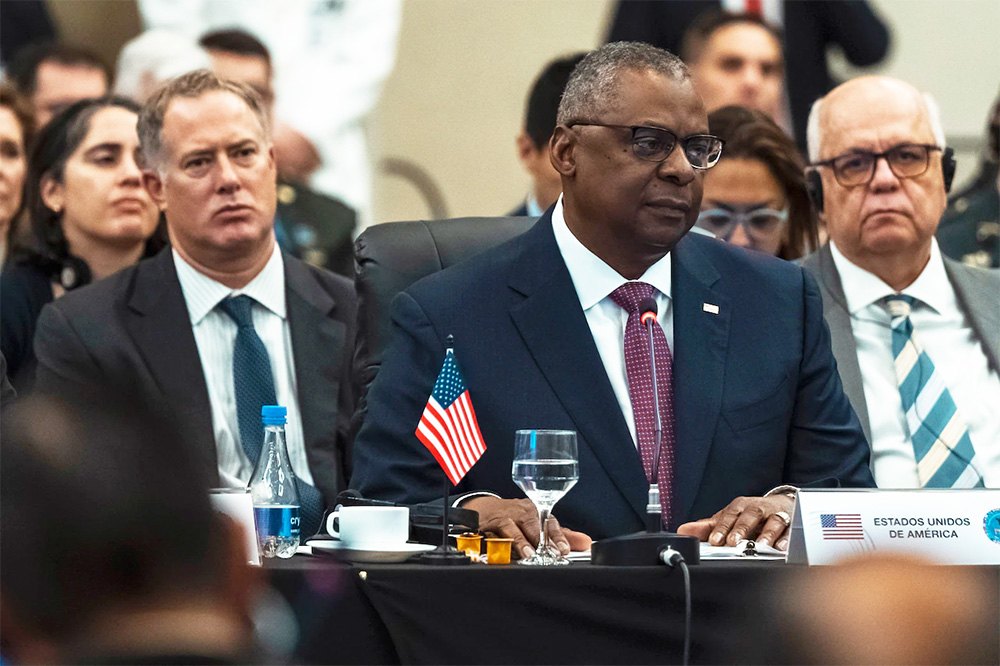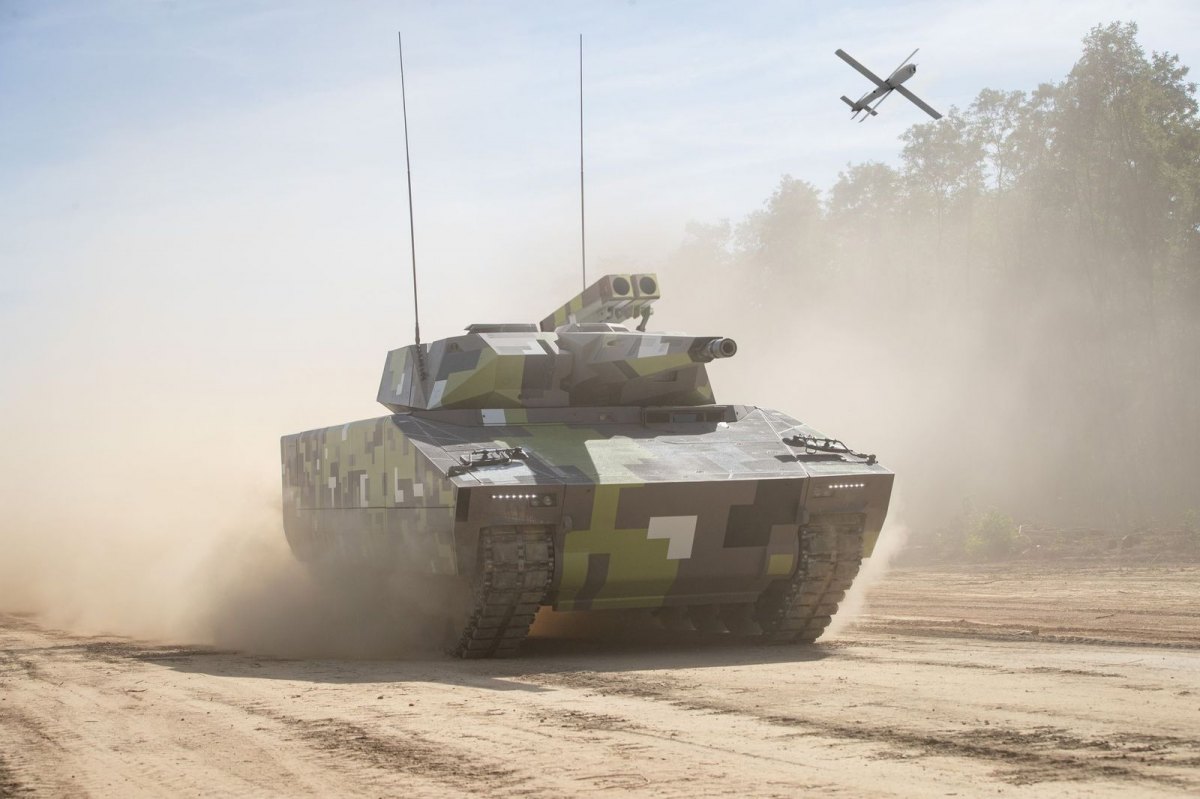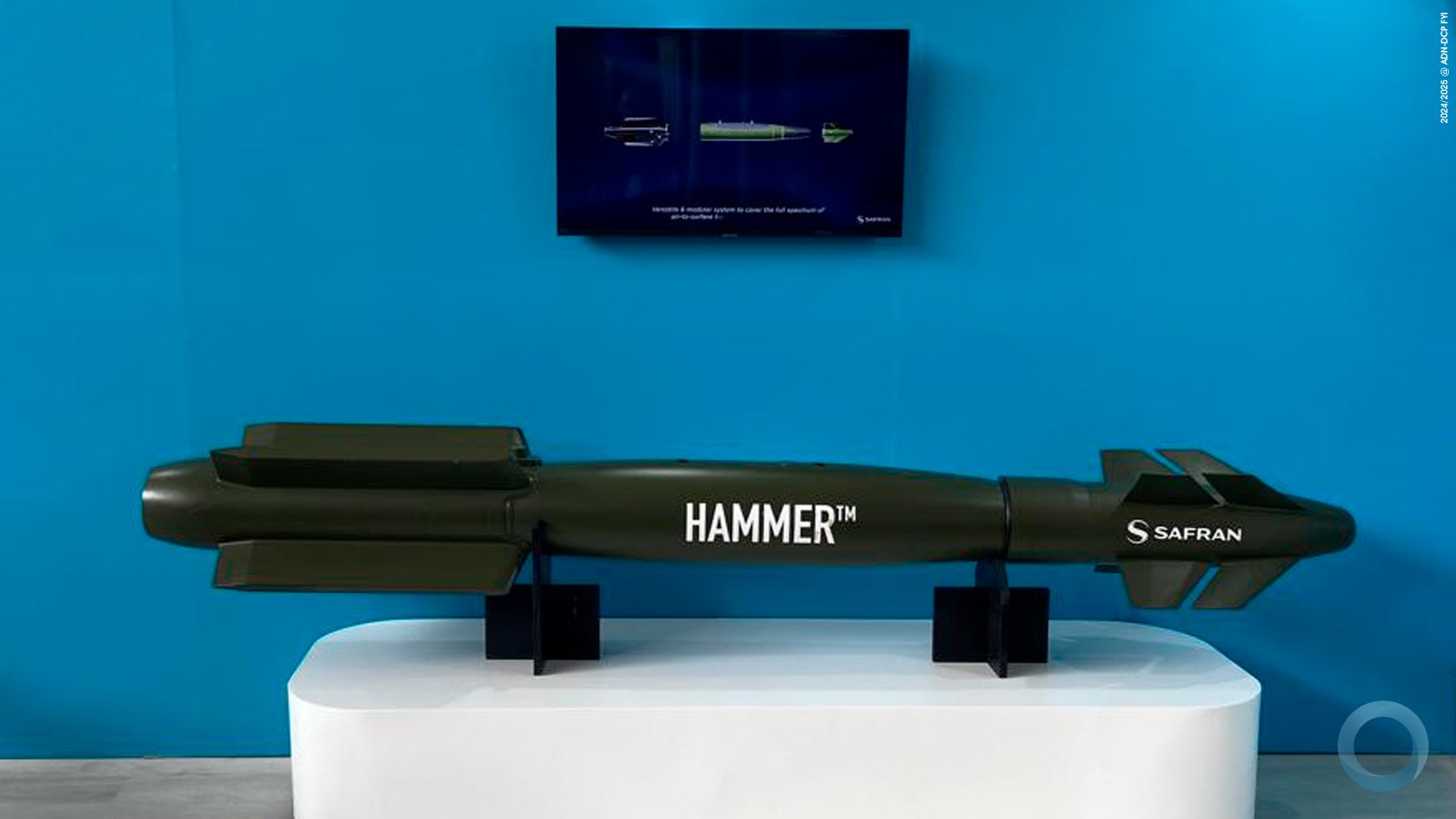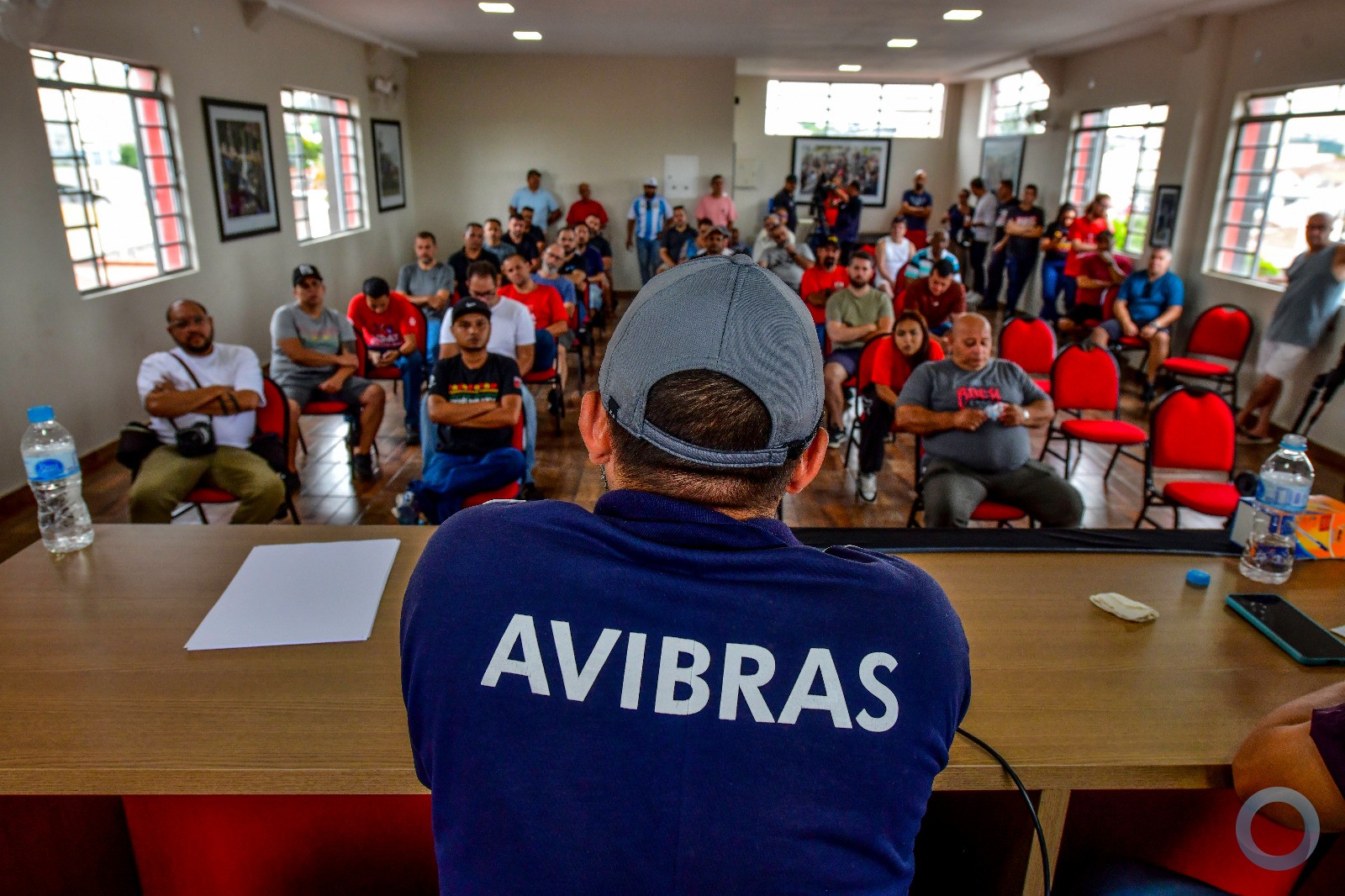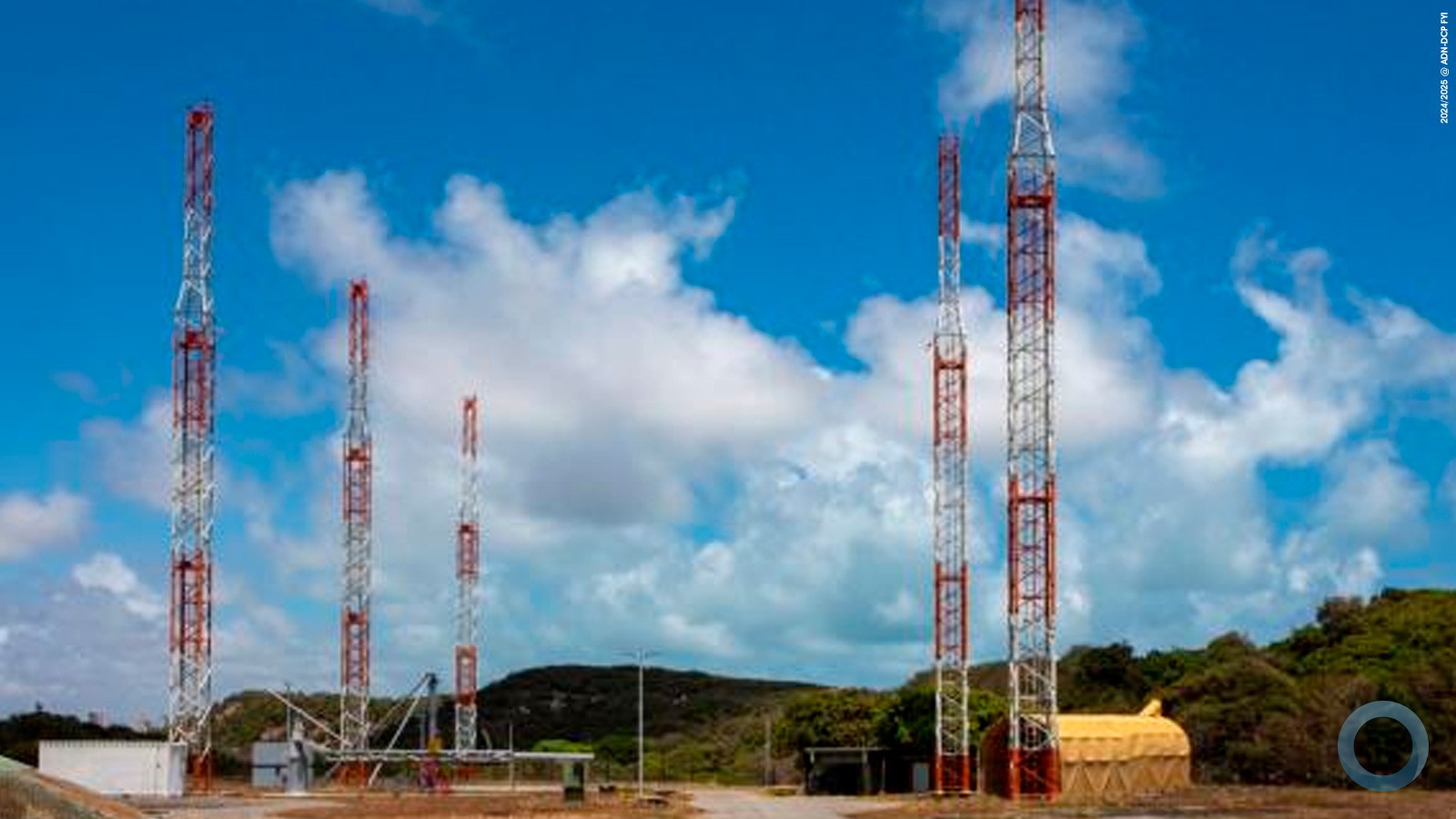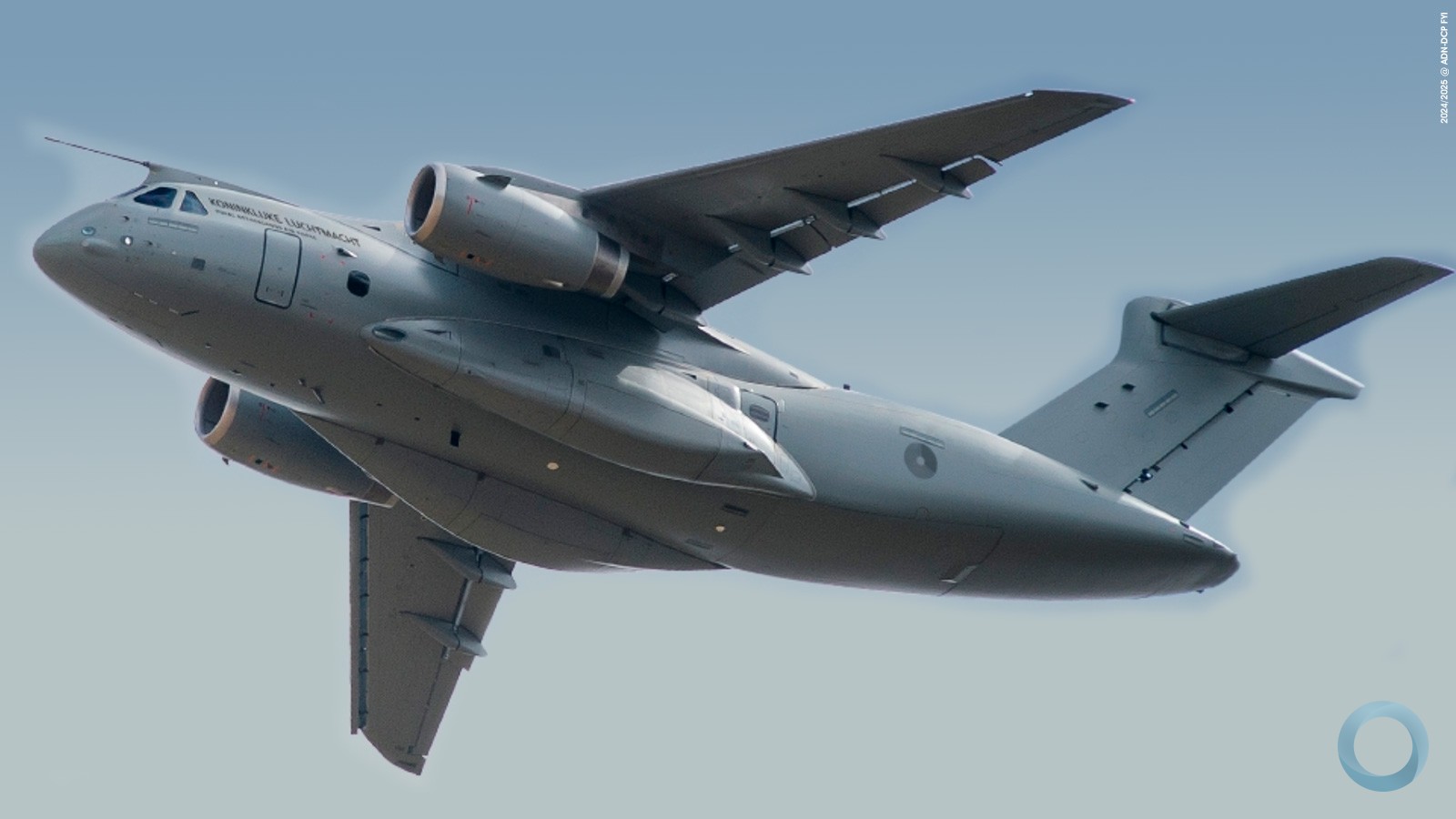Marian Romero
With the goal of establishing coordinated work between the private sector and the defense industry, Colombia’s Ministry of Defense implemented an "Alliance for Productive Transformation" event in association with National Planning Department (DNP, for its Spanish acronym). The event, which was held on August 24th-25th in the city of Cartagena, brought together both civilian and military representatives of over 400 companies from the aerial, maritime, and land transport sectors of various countries.
The stability of the industry and its potential in Colombia was what attracted so many interested parties to the event, which had 952 attendees, surpassing previous attendance by 120 percent. Members of military institutions and companies attended from Germany, Brazil, Spain, and the United States, among others. One hundred and fifty-seven international companies participated, including Airbus, Lockheed Martin, and Lloyd's Register. During the two-day event, 18 agreements were signed between the Colombian defense industry and private companies.
The initiative came out of a rethinking of the work and opportunities for the military industry in the post-conflict period. Because of the conflict situation that the country lived through, the Colombian Ministry of Defense’s Social and Business Defense and Wellbeing Group (GSED, for its Spanish acronym) has had a lot of growth over the past 15 years. In 2014, it became the ninth largest business group in Colombia.
According to the DNP, Colombia has invested over $82 billion in the defense sector over the past 15 years. In addition, Colombia has the highest level of defense spending in the region, at 3.4 percent of Gross Domestic Product (GDP). Between 2002 and 2015, Colombia grew its security forces by 45 percent, becoming the largest force in the region after the United States.
Meanwhile, with the National Training Center's 23 specialized schools and the National Police Operations Center's 14 specialized schools, Colombia is the main country to offer South-South cooperation for training military and police personnel. It has trained armies and police forces from over five countries in the region and has won the Special Forces Games for eight years in a row.
Taking these numbers into consideration when evaluating the importance of productively using past investments, the DNP and the Ministry of Defense decided to strengthen existing capacities in the country in order to broaden them and put them on the industry's global map. This event was the first step towards accomplishing that goal.
Air Force General José Javier Pérez, GSED Deputy Minister of Defense, said that this is an important step in the continuing development of the Colombian Armed Forces. "This is the first time that the GSED is opening its doors to the private sector with the goal of dovetailing with national industrial policies, and it is aligning with the requirements of private international companies to become a hub for technological development. The historic moment that the country is going through allows for the possibility of strengthening the defense capacities built during the years of conflict. Today, the aim is to create productive linkages that will drive technological and commercial processes and contribute to the country's progress."
Colombian defense industry capacities
During the past three years, the defense sector's operating income has increased by an average of 7.25 percent, with exports of over $13 million between 2013 and 2015. However, the five defense sector companies are net importers, meaning there is a huge opportunity for local vendors. Colombia has five state industries in different sectors, all of which are certified internationally. In 2015, their operational income was close to $500 million.
INDUMIL – a military industry manufacturer
Positioned as the main supplier for the Colombian Police and Armed Forces, INDUMIL is a manufacturer of arms, explosives, and munitions that also develops products for civilians. With revenues of $158 million, the manufacturer has a blasting agent capacity of 4,515 tons and blasting accessories of 10 million meters. It also develops civilian products, of which 49.6 percent are designed for open-pit mining, 21 percent for civil works, and 11.5 percent for gold mining.
Naval shipyard COTECMAR
The Science and Technology Corporation of Naval, Maritime, and Riverine Industry Development, known as COTECMAR, is a Colombian naval shipyard that develops projects for the construction and repair of Colombian Navy ships as well as for third parties. It has revenues of $108 million, and has the capacity to repair 16 projects (dock and pier). It is currently producing maritime interdiction vessels and amphibious landing ships, like the ones that allowed for the transport and supply work in Ecuador after the earthquake. In the near future, it will be selling an ocean patrol vessel, amphibious landing boats, and river patrol boats to the Honduran government for over $65 million.
Aeronautical manufacturer CIAC
Colombia’s Aeronautics Industry Corporation produces military planes and also repairs and maintains aircraft for the Colombian Air Force. In 2015, it was certified by the United States Federal Aviation Administration to provide maintenance services for avionics equipment, accessories, and non-destructive testing. This year, it was also certified by Airbus Defense & Space as a Maintenance Repair and Operations service center for some of its aircraft. The CIAC manufactures parts and accessory components for aircraft and helicopters. It has revenues of $ 47 million.
High-tech Corporation – CODALTEC
With the goal of reducing the digital divide in the Colombian defense industry sector, CODALTEC is charged with appropriation and generation of knowledge , as well as developing technology by integrating the public and private productive sectors, universities, and the state. With revenues of $1 million, it has seven types of projects, including the creation of simulators and software.
Armed Forces Logistics Agency
Its goal is to provide logistical solutions focused on supply and infrastructure for the Colombian Armed Forces and other state entities, as well as to develop capacities for the management of other goods and services. Notable among its capacities are the supply of 14 million liters of fuel and the distribution of 800,000 field rations for soldiers in jungle areas and in hostile conditions in places where no other company has been able to go. It has revenues of $175 million.
Taking advantage of defense sector industry capacities
Over the past few years, indicators in the area of security have been very encouraging in Colombia. According to the DNP, the homicide rate decreased by 26 percent in the 2010-2014 period, in which 482 municipalities were declared homicide free and 89 percent of municipalities were declared free of terrorist attacks. In addition, security forces thwarted 864 violent acts, and 93 percent of municipalities are now free of subversive acts. All of these achievements have allowed for thinking about the possibility of effectively using the capacities of security forces, including not only security but productive development as well.
"The role of the Armed Forces in the post-conflict period doesn't mean a budget reduction or a reduction in their duties. The immense amount of effort that the defense sector has made for decades should be put to use in Colombia's development,” said Deputy Minister Pérez. “Once their extensive industrial capacities have been tested, it is important to have a broad discussion on the role of the Armed Forces and its contributions to economic development in the post-conflict society.”
DNP Director of Justice, Security, and Government Gabriel Cifuentes says that the idea of establishing coordinated tasks between the defense and private sectors came out of the analysis of the macroeconomic impact of investment in defense sector companies. Currently, Colombia has an installed capacity of 68 percent, creating 9,500 jobs (5,500 direct and 4,000 indirect), and that has a total effect of 0.12 percentage points on GDP. A 100percent, installed-capacity scenario could have an effect of 0.2 percentage points on GDP and generate 11,789 jobs.
"Colombian defense industry activity has an effect on the economy which is greater than just fourth-generation highway construction projects. Making investments and including the GSED industry in the country's productive development policies is very much worth it, as it is one of the most sophisticated markets which generates the highest returns,” stated Cifuentes. “For every peso that is invested in GSED, the demand and economic contribution generated is 1.5 pesos. That is to say, it is multiplied by 1.5 times,” he added. “It also creates productive chains, jobs, human capital and leaves installed capacity inside the country. These coordinated tasks could definitely become an important driver of the Colombian economy.”
There are different clusters associated with the defense sector in Colombia. Thanks to coordinated work between the defense and private sectors, these clusters can have a lot of growth. According to the DNP, labor productivity of defense-related sectors rose by 53 percent between 2008 and 2014, while industrial productivity in general fell during the same period. These defense companies are very solid.
“Although there are several defense sector events every year, this is the first time that a massive invitation is being sent out to private specialized companies to present our capacities in terms of technology,” said Deputy Minister Pérez. “This is also the first time that there is a commitment from the government for the defense sector to have a direct effect on the country's economy. This is about a business vision for the defense sector," he concluded.
The challenges created by the coordinated work of the defense and private sectors have to do with tariff issues, quality standards, human capital formation and regulations for government-to-government sales. "Change always means challenges, but, in this case, we are very prepared to achieve a total strengthening of the defense industry sector starting now until 2030. The dovetailing of this initiative with a policy of development is new, and so it requires assistance and changes in various sectors. This is about a vision for the country leading towards productivity and quality," concluded Cifuentes.







